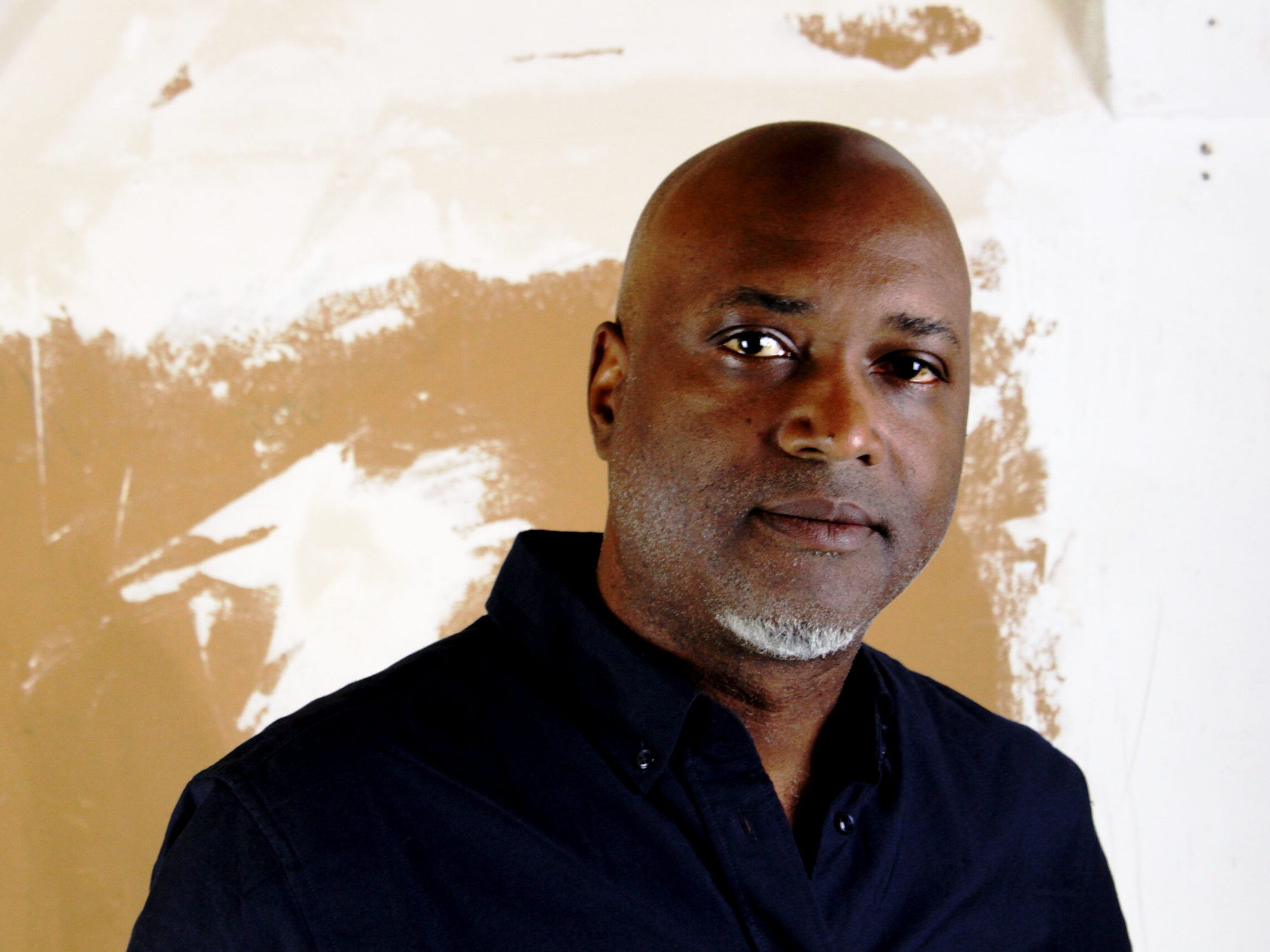
Edouard Steinhauer (B: Port-au-Prince, Haiti.) is a multidisciplinary visual artist based in Berlin, Germany. With an MA from Central Washington University and an MFA from the Yale School of Art and Architecture, he has held adjunct and visiting artist positions at institutions such as Hudson County Community College NJ, Montclair State University NJ, Stevens Institute of Technology NJ, Colgate College NY, and Bard College Berlin.
Steinhauer’s work interrogates the entanglements of main stream historical narratives, political landscapes, and the shifting realities defining Blackness in contemporary society. Drawing from his own personal background, science fiction, and Popular Black Cultural, his sculptures, installations, and mixed-media assemblages reframe the narratives that have long defined and constrained perceptions of the Black body. Through a fusion of digital media, found objects, and traditional sculptural techniques, he forges visually arresting works that confront dominant narratives while gesturing toward radical, expansive futures.
His work moves beyond boundaries, celebrating the fluid connections between identity, memory, and transformation. Steinhauer builds layered visual objects that honor resilience and the beauty of becoming. His work carries the pulse of history and the anticipation of what’s posssible—where presence, potential, and imagination meet. Poetically charged, and deeply human, his art opens space for reflection, renewal, and creative possibility.
Steinhauer’s work has been exhibited in major institutions, including The International Monetary Fund in Washington, DC; The Black History Museum in Richmond, VA; The New Museum of Contemporary Art in New York; The Patricia & Phillip Frost Art Museum in Miami, FL; The McKenna Museum of African-American Art in New Orleans, LA; The Museum of Contemporary African Diaspora Art in Brooklyn, NY; Teckningsmuseet in Laholm, Sweden; and The Grand Rapids Art Museum in Grand Rapids, MI. His contributions to contemporary art continue to push boundaries, offering nuanced perspectives on the shifting landscapes of identity, history, and representation.